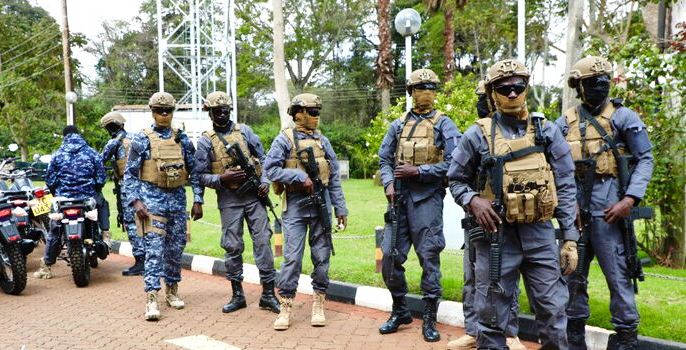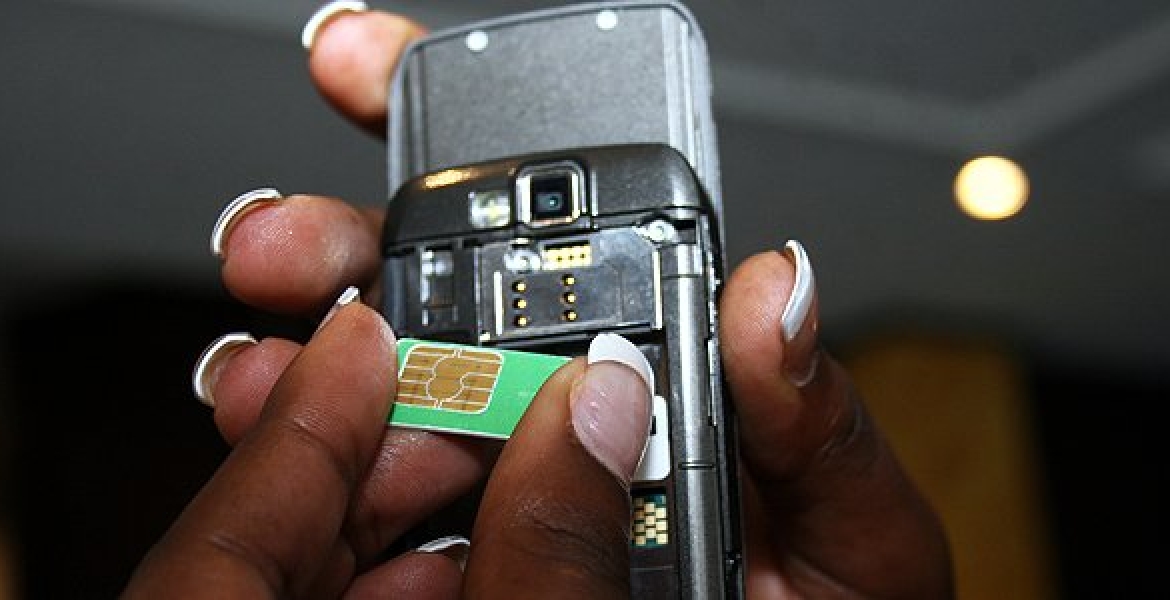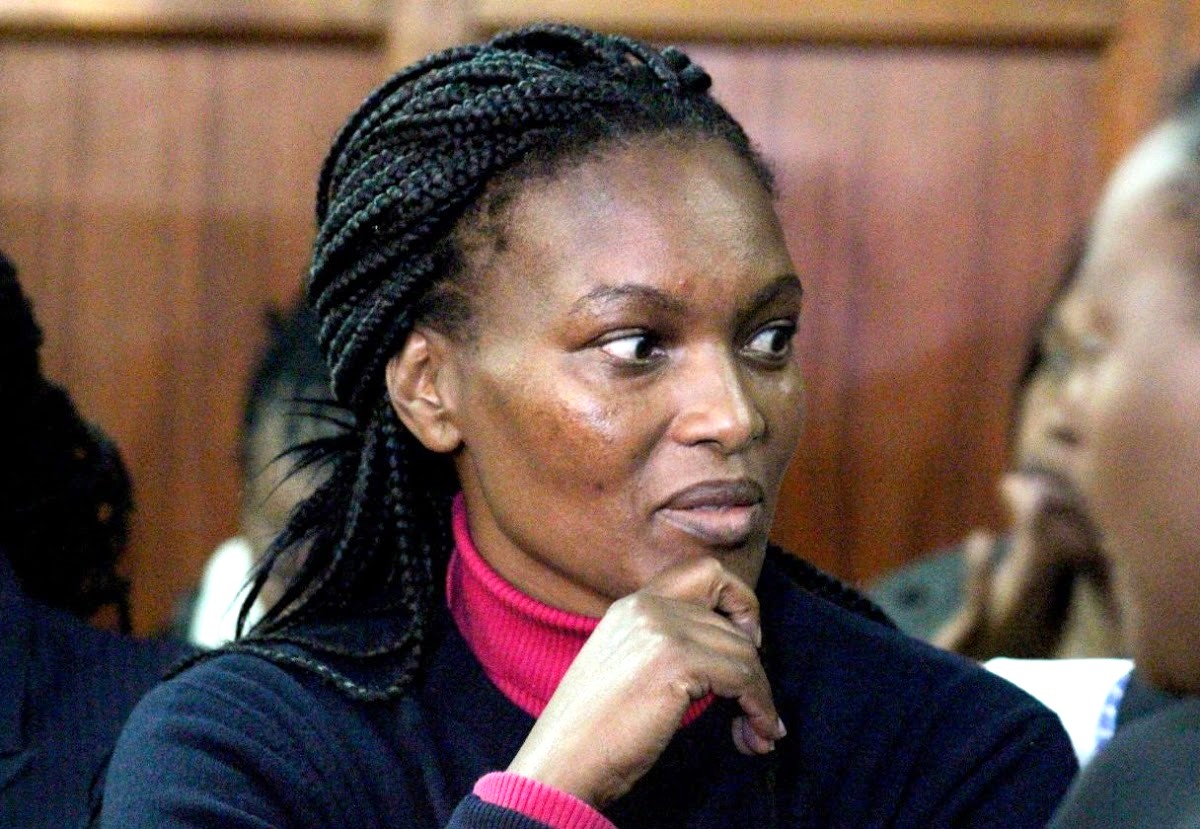A group of 15 security officers, including former members of Kenya’s disbanded Special Service Unit (SSU), have turned to the Kiambu High Court in a bid to halt murder charges they claim are unsupported by evidence. The officers, drawn from the Directorate of Criminal Investigations (DCI), Kenya Wildlife Service (KWS), and National Intelligence Service (NIS), are accused of killing two Indian nationals, Zulfiqar Khan and Sami Zaid Kidwai, and their Kenyan taxi driver, Nicodemus Mwania. Yet, they argue that the Director of Public Prosecutions (DPP) has failed to prove the trio are even dead.
The case stems from an alleged abduction on 22 July 2022, when the three men were reportedly snatched along Mombasa Road after a night out in Westlands. Initially charged with kidnapping at Kahawa Law Court, the officers—among them Peter Muthee, James Kiboseck, and Inspector John Macharia—later faced murder charges. Now, they are fighting back, asserting that the escalation lacks foundation. “There’s no forensic report, no death certificate, not even a family statement confirming a burial,” argued Clinton Mwale, one of their lawyers, in court. The legal team, which includes Steve Ogolla, Danstan Omari, and Wandugi Karathe, insists the DPP’s case hinges on assumption rather than fact.
At the heart of the petition is a challenge to the DPP’s authority to press murder charges without evidence of death. The officers point to inconsistencies: early claims suggested the victims were killed in Aberdare Forest, while the murder charge sheet now cites Mombasa Road as the crime scene. “This isn’t about who might have harmed them—it’s about whether they’re deceased at all,” Mwale told Justice Abigail Mshila. He highlighted that the victims remain officially missing, with no closure after more than two years. “Seven years must pass before someone missing can be presumed dead under law. We’re far from that threshold,” he added.
The defence accuses the DPP of overreach, alleging an abuse of process by running parallel cases at Kahawa Magistrates’ Court and Kiambu High Court. While not contesting the abduction charges, they argue the murder allegations recycle the same evidence, lacking any new proof. “No investigative agency has concluded these individuals are dead,” Mwale submitted, urging the judge to strike down the charges.
The Office of the DPP (ODPP) has pushed back, defending its independence and the legality of its actions. Prosecution counsel explained that evidence-gathering was delayed by interference in the abduction case, justifying the time taken to file murder charges. They also revealed a prior request to merge the two cases, aiming to spare the accused the strain of dual proceedings. Dismissing the officers’ petition as speculative, the ODPP insisted its decision was neither hasty nor malicious.
The officers, held in remand since 2022, include Joseph Mbugua, Simon Muhuga, David Kipsoi, and others from across Kenya’s security apparatus. For them, the stakes are high—not just freedom, but the integrity of a prosecution they see as flawed. Justice Mshila, after hearing both sides, reserved her ruling for 30 May 2025. Her decision will determine whether the murder charges stand and if the officers can secure bail after more than two years behind bars.
As the courtroom drama unfolds, questions linger over the fate of Khan, Kidwai, and Mwania—missing, but not yet mourned as gone. For now, the case rests on a single, unresolved mystery: without bodies or proof, can murder be claimed?





